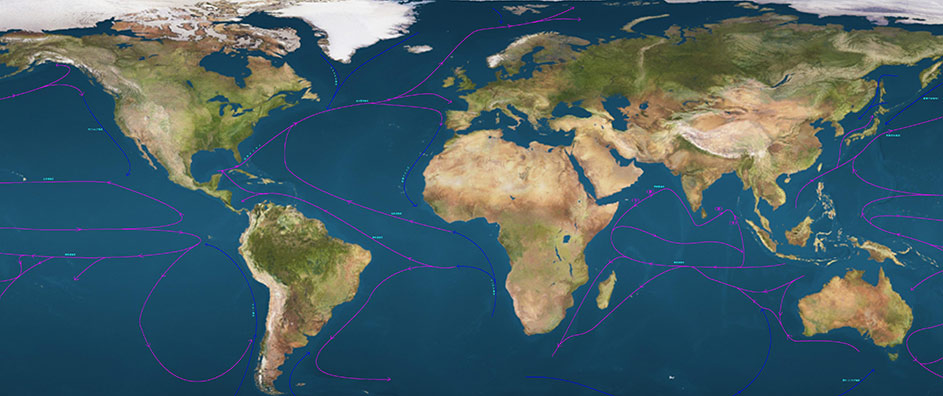The concept of a “Citizenship Birth Lottery” arises from the profound disparities in opportunities, privileges, and rights conferred upon individuals based solely on the geographical circumstance of their birth. This notion acts as a lens through which we can examine not only the randomness inherent in one’s nationality but also the systemic structures that underpin global inequality. As adherents of the Bahá’í Faith strive to promote unity, justice, and equality, the examination of this subject matter serves to highlight the universal principles that advocate for a more equitable world.
To elucidate this topic, we must first understand the inherent randomness of birth nationality. The circumstances of one’s birth are undeniably fortuitous. For instance, a child born in Norway is privy to a stable government, a robust welfare system, and superior healthcare. Conversely, a child born in a war-torn nation may face famine, violence, and hopelessness. The divergent life trajectories stemming from such disparate beginnings prompt a crucial inquiry into the ethics of our global structure.
The Bahá’í teachings provide a robust framework for analyzing issues of social justice and inequity. One principal tenet is the recognition of the oneness of humanity. This doctrine emphasizes that regardless of our place of birth, we are all part of a single family. This ideological perspective compels Bahá’ís to advocate for the elimination of distinctions that foster division, such as race, nationality, and class. In this context, the “Winners and Losers” paradigm necessitates a reassessment of societal norms and policies that perpetuate such inequities.
Moreover, the Bahá’í principle of justice highlights the importance of equity in socio-economic relations. The disparity highlighted by the Citizenship Birth Lottery alludes to deeper systemic injustices. Social structures often serve to perpetuate the advantages of certain groups while marginalizing others. Addressing these ingrained inequalities requires a concerted effort to restructure societal norms that unfairly favor individuals based on their country of origin.
When examining the phenomenon of birth lotteries, one may also encounter the complex interplay between privilege and responsibility. Those fortunate enough to be born into affluence otherwise regard it as an inevitable outcome of hard work and merit. However, a similar rationale rarely applies to individuals born into less favorable conditions, where structural obstacles plague their efforts. The Bahá’í writings assert that material wealth and success must be utilized to serve humanity rather than to perpetuate social divides. This ethos encourages those in positions of privilege to leverage their resources for the upliftment of the less fortunate, challenging the deterministic notion that one’s birth circumstance solely dictates their potential.
A critical aspect of the conversation surrounding winners and losers in the citizenship lottery is the notion of globalization. As the world becomes increasingly interconnected, so too does the realization that individual fates are inextricably linked. The Bahá’í teachings advocate for collaborative action and collective responsibility. Nations and individuals must recognize their obligations towards one another, fostering an environment wherein socio-economic inequalities can be addressed more comprehensively and cohesively. This perspective encourages the dismantling of barriers and systems that inhibit opportunity, thereby promoting a more just global society.
Moreover, a deeper exploration of the concept of nationality reveals underlying ideologies that often hinder progress toward equity. Nationalism, while a potent force in shaping identity and belonging, can also engender division and conflict. The Bahá’í Faith emphasizes the importance of unity in diversity, suggesting that national distinctions should be viewed through the prism of collaboration rather than competition. By nurturing a sense of global citizenship, individuals can transcend the limitations imposed by their birth nationality, ultimately contributing to the vision of a united world.
Intriguingly, the Citizenship Birth Lottery also raises theological and philosophical questions surrounding divine justice. A recurrent theme within Bahá’í literature is the notion that life on Earth is a school for the soul, designed to cultivate virtues and promote growth. In this context, the experiences garnered by individuals, whether regarded as fortunate or unfortunate, can serve as opportunities for learning and transformation. These existential challenges often foster qualities such as resilience, empathy, and compassion — attributes that are critical for the advancement of civilization.
In the examination of the Citizenship Birth Lottery, a confluence of socioeconomic, ethical, and spiritual dimensions emerges. By addressing the stark disparities perpetuated by birth circumstances, one can unearth the pathways toward a more equitable and just world. The Bahá’í teachings provide invaluable insights, emphasizing the importance of unity, justice, and responsibility. As the global community grapples with the complexities of inequality, these principles offer a profound guide for fostering collaboration and inclusivity. The acknowledgment of our shared humanity, coupled with a commitment to facilitate equitable opportunities, paves the way for a brighter future — one wherein every individual, regardless of birthplace, can thrive and contribute to the collective welfare of society. Such ideals are not merely aspirational; they are foundational to the realization of a sustainable, harmonious world.
